Multiculturalism: Why Should We Care About the Human Race?
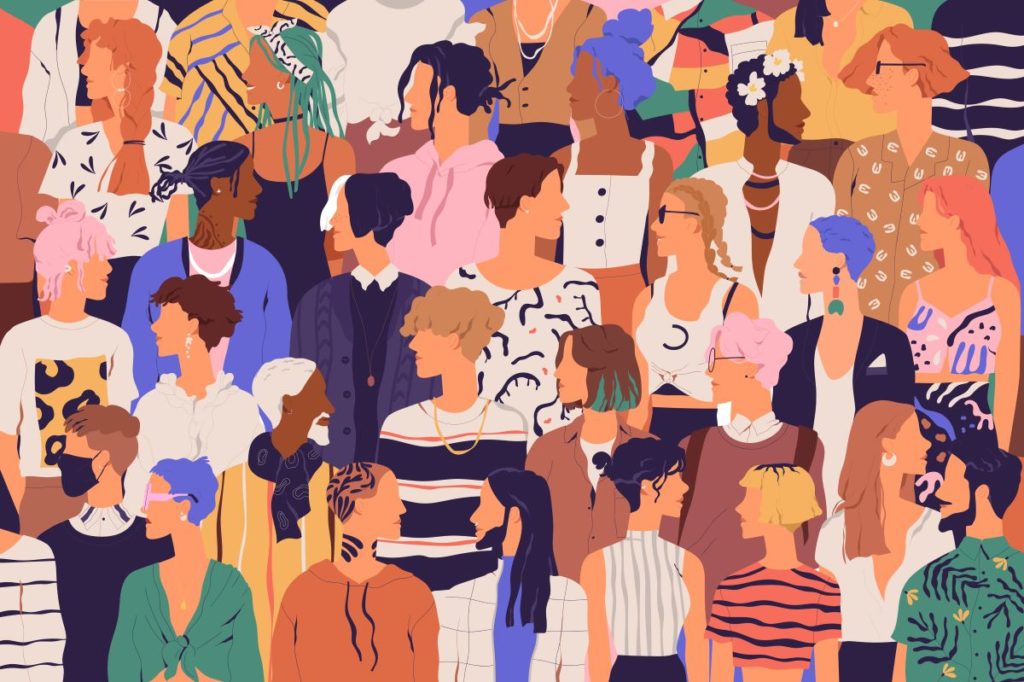
This week, we move away from our gender equity focus to talk about RACE. Considering the current culmination of racial tensions in our society, companies would have to be absolutely tone deaf not to adress this tough conversations internally. Gulnar Vaswani breaks down why it is so important to tackle multiculturalism within our organisations: race, but also gender and generations are all “culture” in need for bridge builders.
By Gulnar Vaswani, Chief Cultural Officer
Multiculturalism is an outcome of the globalised world we live in today. Globalization has successfully managed to lower the borders for trade, the borders for migration, and it’s time we lower the borders in our hearts.
With the rise of polarised communities and COVID-19 around the world, it is easy to feel we are divided and alone. In these times our individual and collective tolerance to one another is more important than ever.
By combining conceptual principles of psychology and socio-economics, for example the RACE model (R= Reflect, A=Accept, C=Connect, E=Express), we can encapsulate a way toward ‘oneness’ of the human race.
No turning back on globalisation
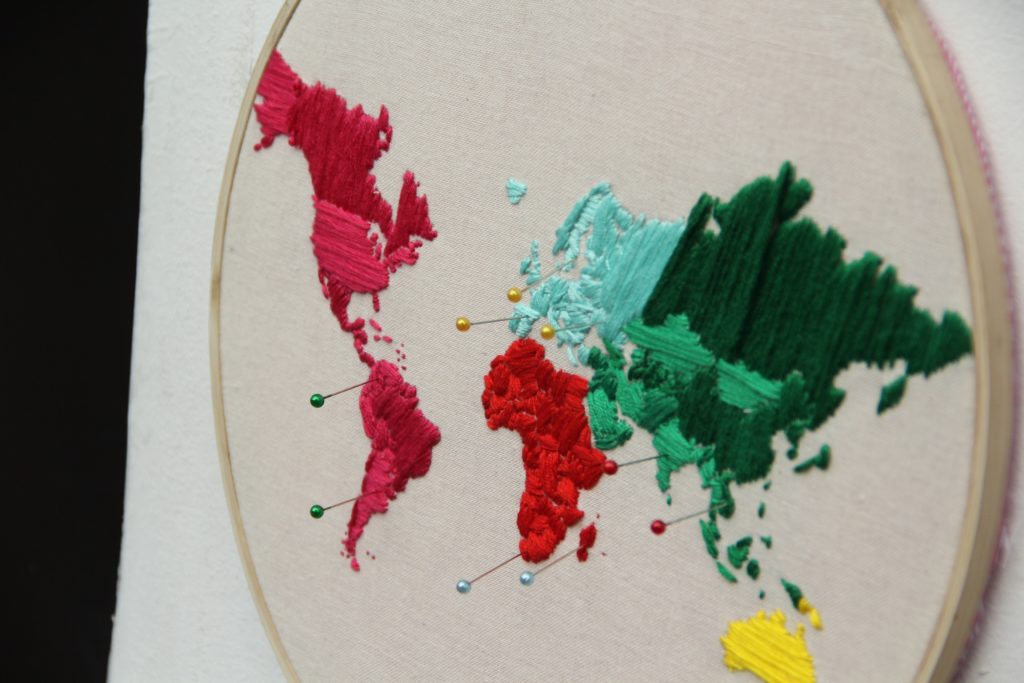
Globalisation has increased trade and launched a new era of prosperity around the world. But, it has also shown us where we fall short in terms of tolerance, acceptance and equity.
Philosopher, Édouard Glissant coined the term creolization, whereby a culture’s survival is reliant on constant mixing with foreign cultures, but he wanted to avoid global homogenization.
Globalisation, ideally would include the mixture of cultures and trade amongst various cultures, while retaining its own particular identity. But, in order to participate in this type of global trade, the RACE model is needed to form tolerance and understanding.
Not only is globalisation an economic advantage whereby diversity is a competitive advantage, but it can be a mechanism for an exchange in societal and political ideals, resulting in more creative and innovative solutions for our future.
Creating psychological safety
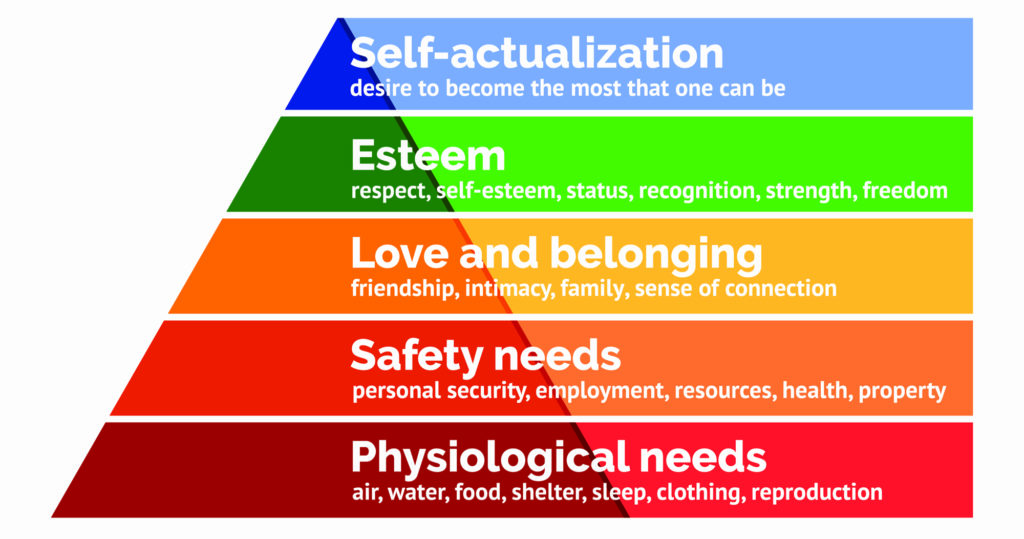
Psychological safety is an important factor in why we live in the communities we choose to, which is consequential in multicultural communities. The promise of betterment can lure a migrant to the UK, where prosperity and safety is a priority.
Maslow’s ‘hierarchy of needs’ states that our basic and psychological needs have to be met prior to our higher-level needs, such as, self-fulfilment. Safety, which includes predictability and a degree of certainty, is the second category in this hierarchy.
In order to thrive as human beings, we must fulfil our basic needs such as shelter, food and safety.
COVID-19 has threatened the safety of communities worldwide.
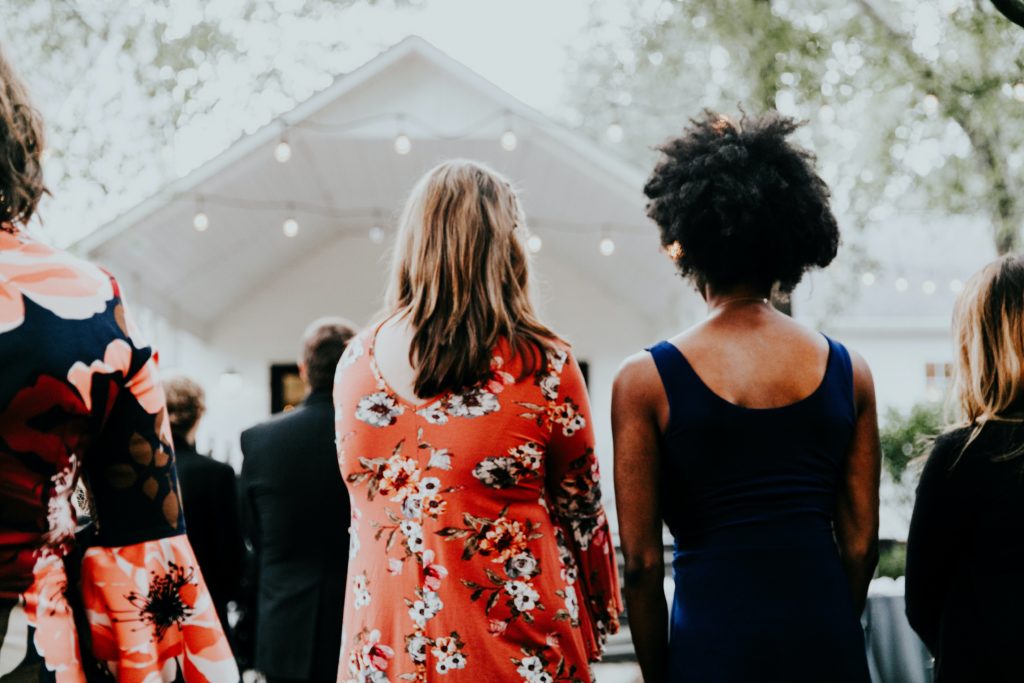
Along with this, issues of systemic racism have come to the surface. People of colour are expressing their anger and sadness over their threatened safety in the world and the systemic inequality and inequity that disadvantages from advancing in social, political, and economic aspects of life.
To be seen, be valued, be accepted and to belong are conditions for psychological safety for every human. Equally then, if a person in my community is treated unfairly or persecuted, it is always a possibility that I will be too.
“First they came for the socialists, and I did not speak out—because I was not a socialist. Then they came for the trade unionists, and I did not speak out— because I was not a trade unionist. Then they came for the Jews, and I did not speak out—because I was not a Jew. Then they came for me—and there was no one left to speak for me.”
Martin Niemöller
A timeline of diversity in the workplace
From risk and compliance to Inclusive workplaces..
It is in the interest of our selves to ensure that others are treated with understanding and tolerance. Caring about others must occur on an individual, corporate, national and global level for its impacts to be felt. Diversity in many corporations started as a risk and compliance issue then a war for talent – attracting the best employees for the competitive edge.
But, creating a company culture where inclusion and safety are embedded in the DNA as beliefs, and behaviours of empathy and reflection are visible and consistent is required for conscious culture change.
Inclusion is a double-edged sword, it starts with noticing differences and leads to fostering belonging or exclusion.
In Riane Eisler’s study ‘Building a Caring Democracy: Four Cornerstones for an Integrated Progressive Agenda’, Economic relations are the third cornerstone in the progressive program.
Economists argue that the most important capital in the post-industrial age is “high-quality human capital”. Therefore, an economic system that recognises human contribution to knowledge as essential must be encouraged.
The myth of racial progress
We live in the most inclusive, prosperous, progressive, and diversified societies in all of human history. Whilst at the same time, we live in the most polarized, divisive, and emotionally charged times ever.
How did we get here? By perpetuating the myth of racial progress and a distorted perception of being blind to differences or, worse, a belief in our inner ‘goodness’ to treat people the same.
If we don’t see colour, we will miss the patterns, run through red lights and continue to crash into one another. And believing a myth not just distorts our perception of reality, it absolves us of responsibility for changing the reality.
We have access to more people across the globe than ever before, yet we feel more divided and alone. Mental health, stress, burn-out and depression is at an all-time high, and the UK government, under Teresa May’s leadership, hired a Minister of Loneliness.
COVID-19 has called to attention the inextricable links between equality, race and wellness.
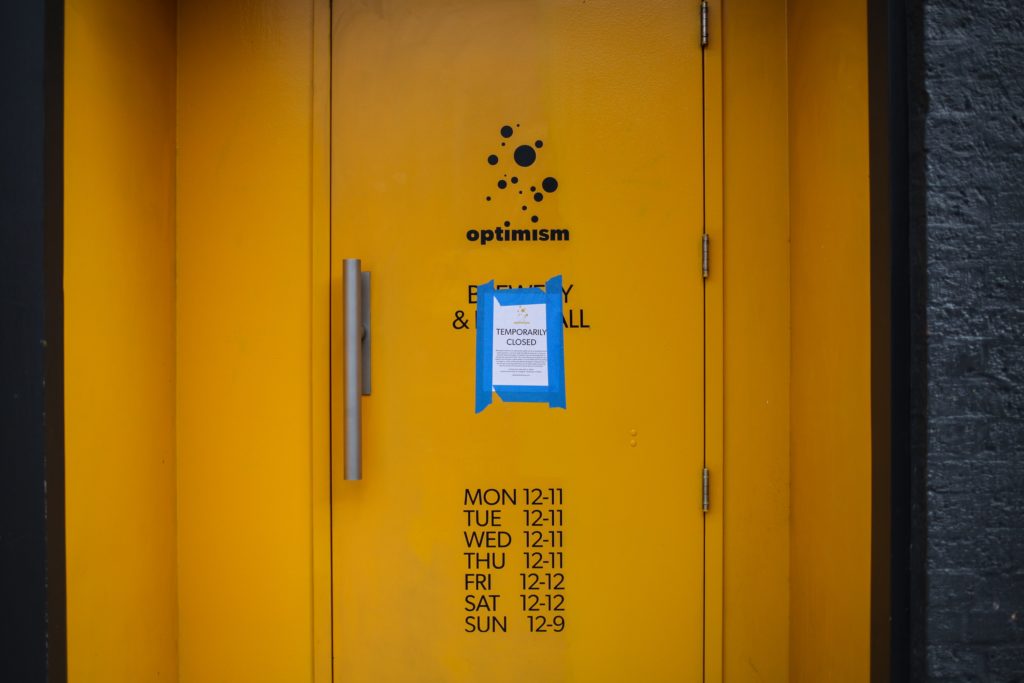
Studies by the New York Times and the Guardian have found a link between the virus having a “disproportionate impact on non-white critically ill patients”.
Simply speaking, the virus is hitting P.O.C communities harder.
This is due to a myriad of reasons starting with socio-economical, overcrowded multi-generational houses and other health care.
Coronavirus is a symptom of health inequality. It is a sharp reminder that equal standards of care within healthcare and other social service systems must be a priority.
So why should we care about the human race?
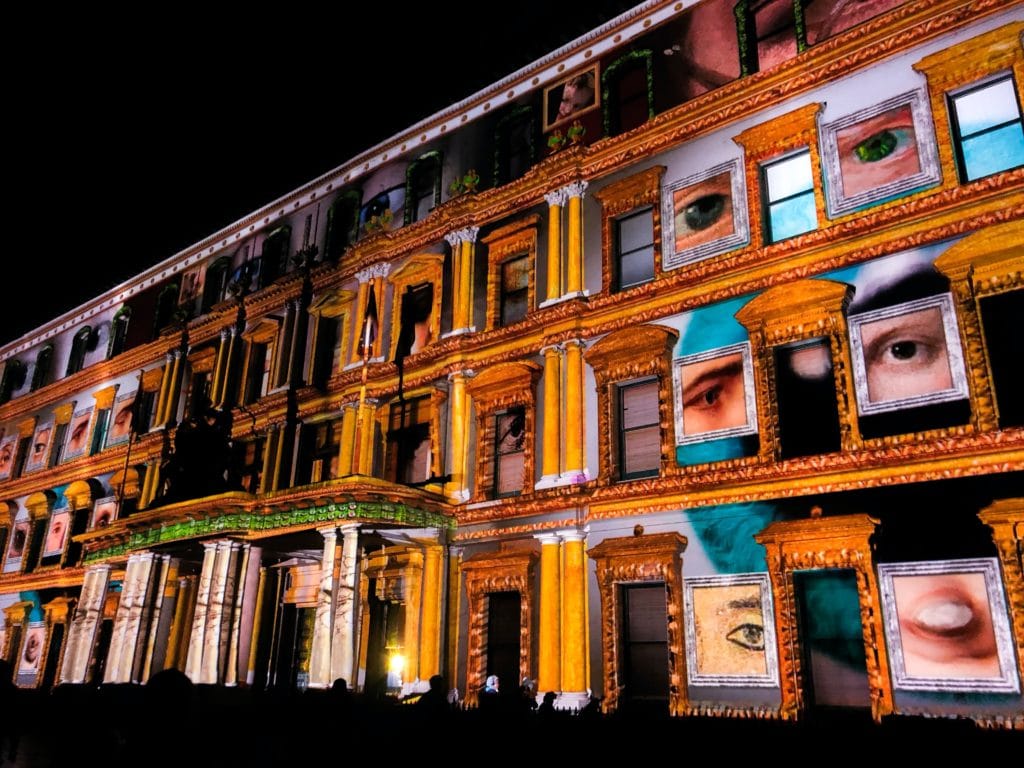
Because we can either continue to focus on all the visible and demographic differences that divide us, and find even more ways to create ‘them’ and ‘us’.
Or we can aim to leverage our diversity of thought, share our unique stories and histories with one another, approach differences with curiosity and empathy, and pause to remember that as human beings, we all share our collective human nature.
Empathy in multicultural relations is not saying “I know how you feel”; empathy is saying “I want to know how you feel”.
Living in a multicultural world is complex, but by using psychological and socio-economic theories one can understand why we must care about one another. Culture is learned and ethnocentric in quality.
However, it is in our own and others’ interests to build tolerance and compassion towards each other. Globalisation provides opportunities, but they cannot exist effectively with prejudice.
Through developing systems of human compassion, we accept that structural equity not only provides economic benefits, but also benefits us on a level that includes the consideration of the human race as a collective.
We are after all 1RACE.
Follow Gulnar on LinkedIn
